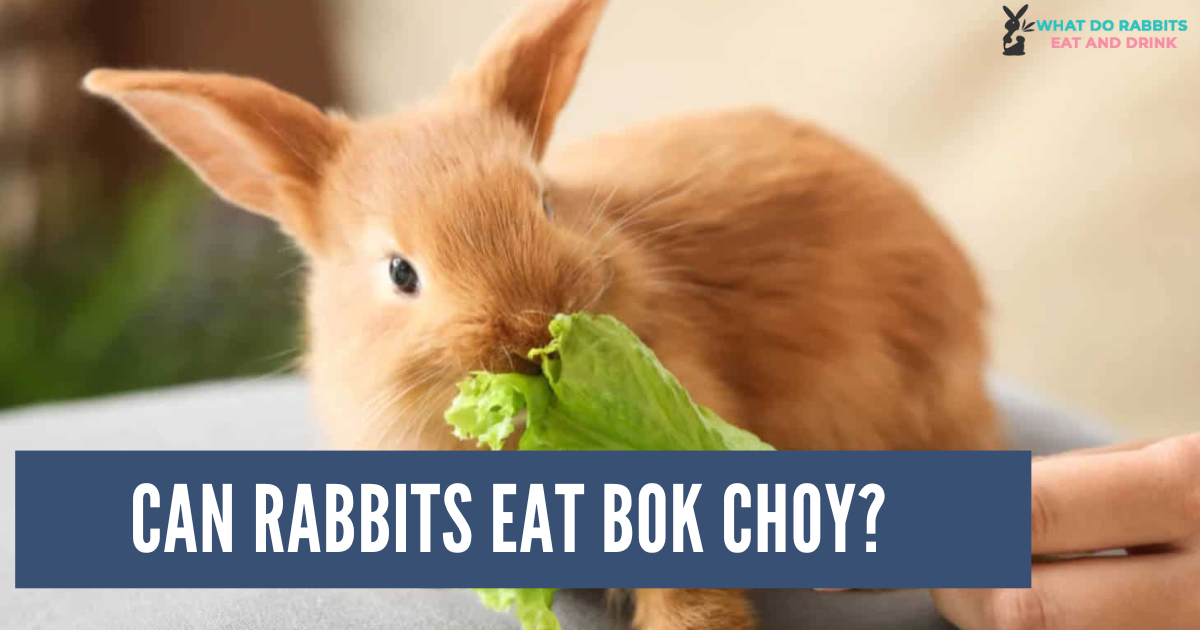The Bok choy, scientifically known as Brassica rapa subsp. chinensis is a leafy green vegetable that hails from the cruciferous family. With its crisp and succulent stalks, tender green leaves, and a subtle, slightly sweet flavor, bok choy has become a popular ingredient in various culinary dishes worldwide.
This nutrient-rich vegetable is not only appreciated for its unique taste and versatility in cooking but also for its potential health benefits. However, if you’re a rabbit owner wondering, Can rabbits eat bok choy? it’s essential to delve into the dietary considerations for your furry friend and read the article to know your answer along with some pros and cons and relevant suggestions.
Can Rabbits Eat Bok Choy?
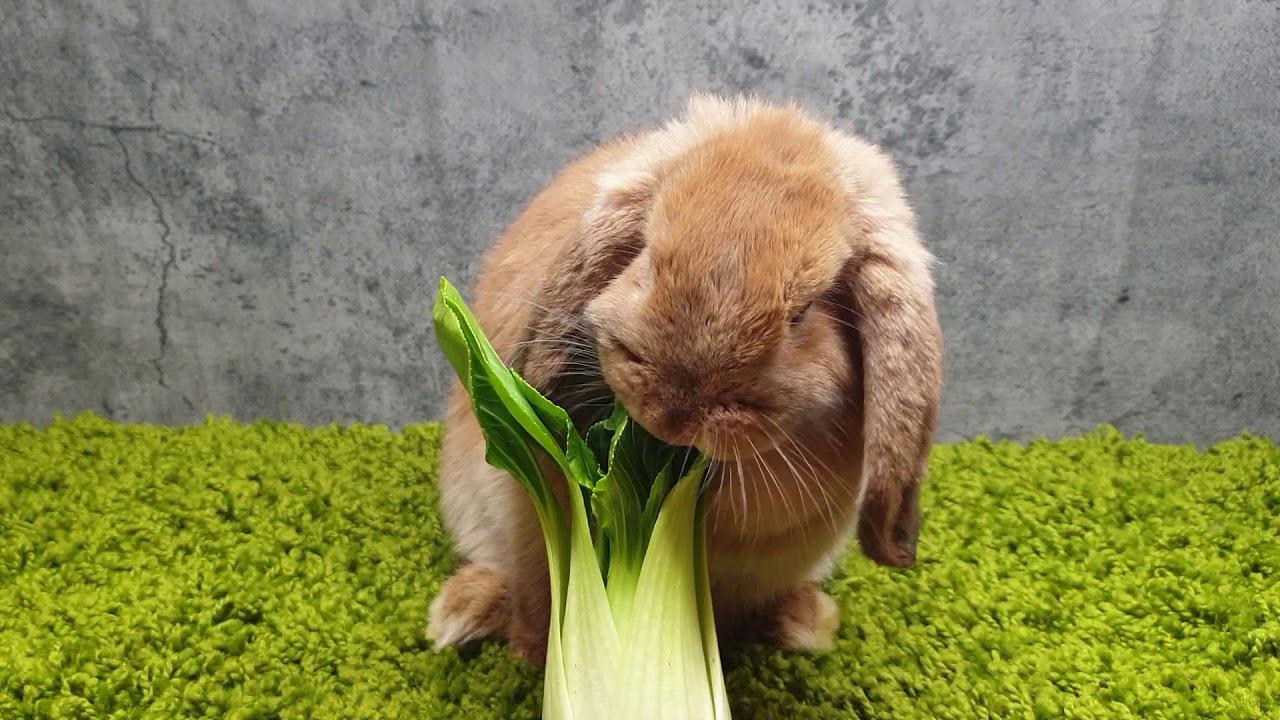
Yes, rabbits can eat bok choy. Bok choy is a leafy green vegetable that can be offered to rabbits in moderation. Its crunchy stalks and tender leaves can provide some variety and nutrients to a rabbit’s diet. However, as with any new food, it’s important to introduce bok choy gradually to prevent digestive issues. High calcium content should also be considered, so bok choy should be part of a balanced diet, alongside other rabbit-safe vegetables and hay.
How Much Quantity of Bok Choy is Good for Rabbits?
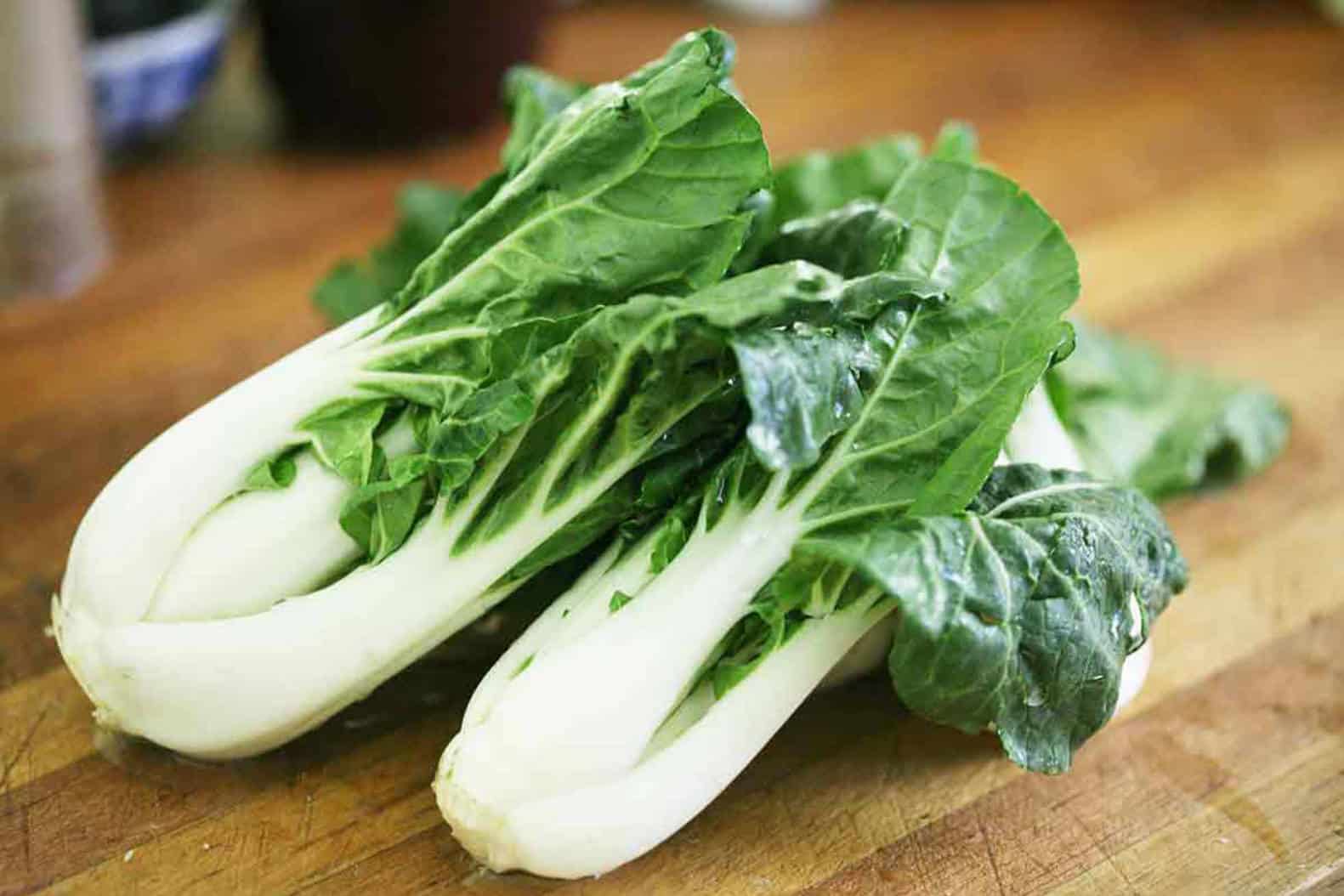
The quantity of bok choy, or any vegetable, that is appropriate for rabbits can vary based on their size, age, and individual dietary needs. For this purpose you can follow this pattern for the good health of your rabbits.
Small Breeds (1-3 lbs):
If you have a small rabbit breed, such as a Netherland Dwarf or a Mini Lop, you can provide about 1-2 tablespoons of chopped bok choy per day. Remember that their tiny digestive systems are sensitive, so it’s essential to introduce new vegetables slowly and observe their response. Start with a small amount and gradually increase over a few days.
Medium Breeds (3-6 lbs):
For rabbits of medium size, like Dutch or Rex rabbits, offering approximately 2-4 tablespoons of chopped bok choy daily should be appropriate. This quantity allows them to enjoy the nutritional benefits without overwhelming their digestive system. Keep an eye on their stool consistency to ensure they are tolerating the new addition well.
Large Breeds (6+ lbs):
Larger breeds such as Flemish Giants or Checkered Giants can handle a bit more bok choy. You can provide around 4-6 tablespoons of chopped bok choy per day. However, it’s crucial to maintain a balanced diet by including a variety of vegetables and ensuring that hay remains the primary component of their diet.
Reasons to Feed Bok Choy to Rabbits?
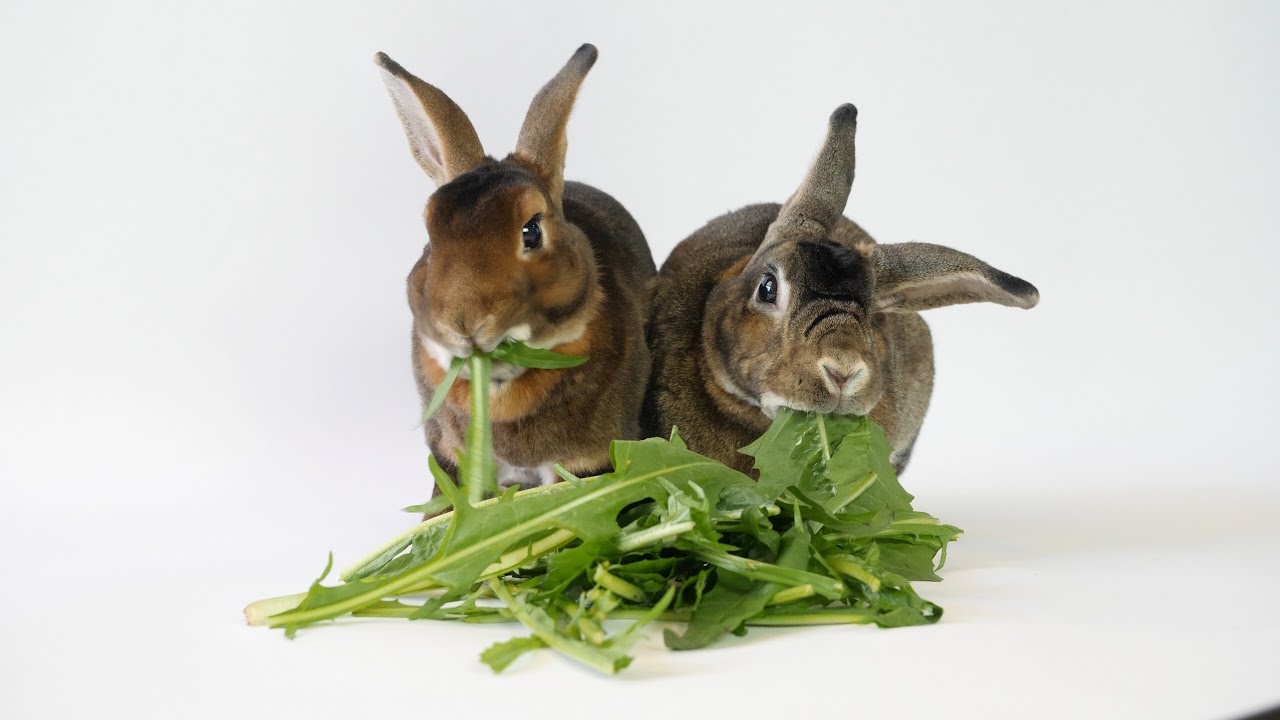
Feeding bok choy to rabbits can offer several potential benefits, making it a valuable addition to their diet when introduced appropriately. Here are some reasons to consider incorporating bok choy into your rabbit’s menu:
Nutrient Variety:
Bok choy is rich in essential nutrients such as vitamins A, C, and K, as well as minerals like potassium and folate. Adding bok choy to your rabbit’s diet can contribute to a diverse range of nutrients, enhancing their overall health.
Hydration:
Bok choy has a high water content, which can contribute to your rabbit’s hydration. Proper hydration is crucial for maintaining healthy digestion and preventing issues like urinary tract problems.
Digestive Health:
The dietary fiber in bok choy can aid in maintaining a healthy digestive system. It helps promote proper gut motility and can prevent issues like hairballs and gastrointestinal stasis.
Variety and Enrichment: Offering different vegetables, like bok choy, can provide mental and sensory enrichment for rabbits. A varied diet can stimulate their curiosity and keep them engaged in their environment.
Low Calorie:
Bok choy is a low-calorie vegetable, which can be useful for rabbits that need to maintain a healthy weight. It can be a satisfying treat without adding excessive calories.
Oral Health:
Chewing on bok choy can help promote good oral health by naturally wearing down their teeth. Rabbits’ teeth continuously grow, so the act of chewing on fibrous vegetables like bok choy can assist in preventing dental problems.
Texture and Taste: The crunchiness of bok choy can provide rabbits with a satisfying texture to chew on, which can help satisfy their natural instinct to gnaw and explore new foods.
Potential Risks When Feeding Bok Choy to Rabbits:
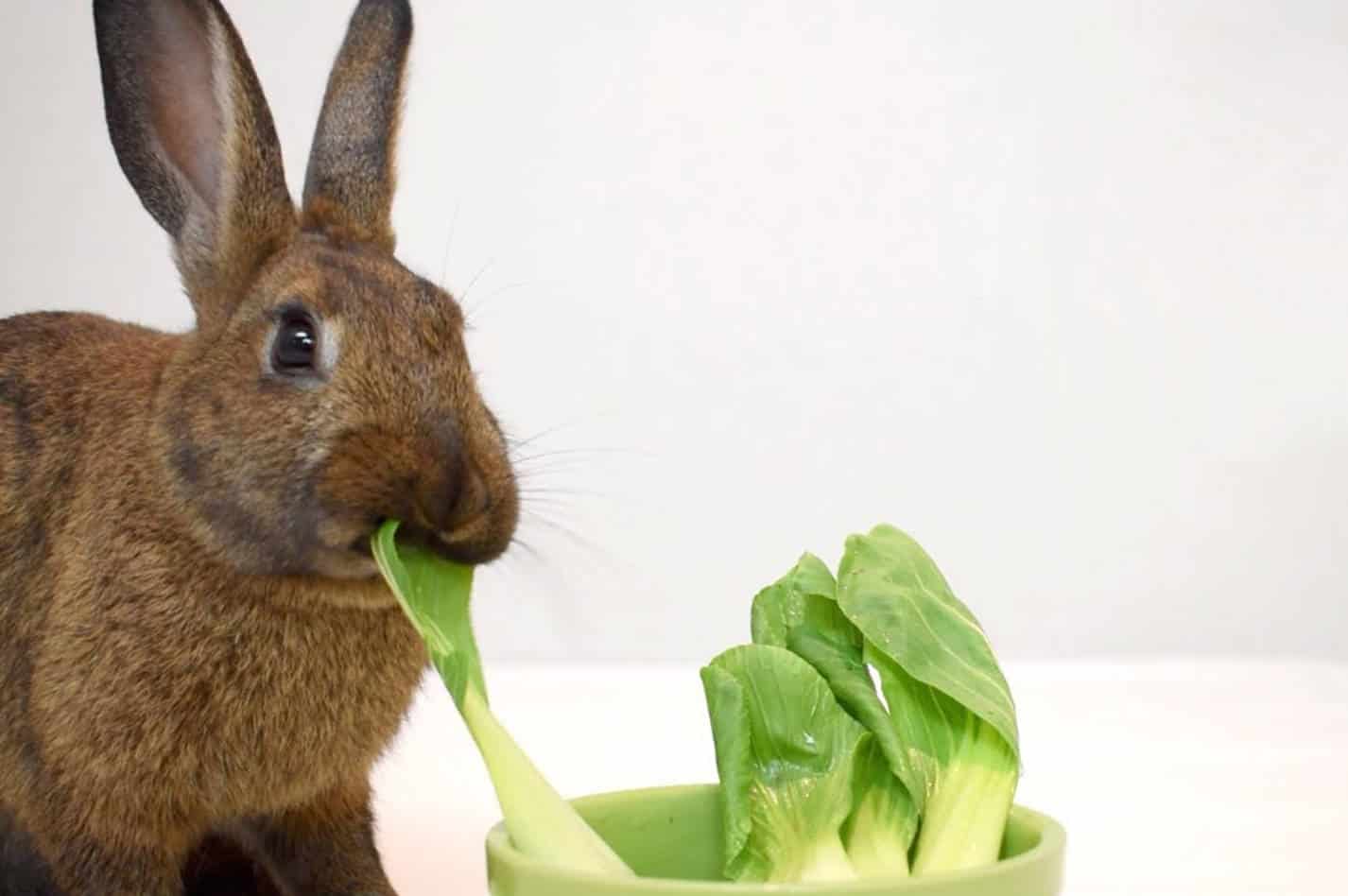
While bok choy can offer various benefits to rabbits, it’s also important to be aware of the potential risks associated with feeding it to your furry friends. Here are some considerations:
Calcium Content:
Bok choy, like many leafy greens, contains calcium. While calcium is essential for rabbits, an excess amount can lead to urinary problems, particularly in rabbits prone to forming calcium-based bladder stones or sludge. Therefore, it’s crucial to provide bok choy in moderation and balance it with low-calcium vegetables.
Oxalic Acid:
Bok choy contains a moderate amount of oxalic acid, which can interfere with calcium absorption and may contribute to the formation of kidney stones or bladder issues if consumed excessively. However, the oxalic acid content in bok choy is generally lower than in some other greens like spinach.
Digestive Sensitivity:
Rabbits have delicate digestive systems, and introducing new foods too quickly can lead to digestive upset, including diarrhea or bloating. Gradually introduce bok choy into their diet to allow their gut to adjust.
Pesticide Residues:
Like any fresh produce, bok choy could potentially carry pesticide residues. Wash it thoroughly before feeding it to your rabbits or opt for organic varieties when possible.
Allergies or Intolerances:
Just like humans, rabbits can have individual allergies or intolerances to certain foods. Observe your rabbit’s response when you introduce bok choy or any new vegetable.
Weight Gain:
While bok choy is relatively low in calories, consuming too much can contribute to weight gain in rabbits, leading to obesity-related health issues. Use bok choy as a treat and ensure it doesn’t replace their primary diet of hay.
Selective Eating:
Some rabbits might selectively eat only certain parts of the bok choy, leading to an imbalanced diet. Ensure they have access to other vegetables and hay to maintain proper nutrition.
Interaction with Medications: If your rabbit is on medications, check with your veterinarian before introducing new foods like bok choy, as it could potentially interact with their medication.
What Other Plants Rabbits Can Eat with Bok Choy?
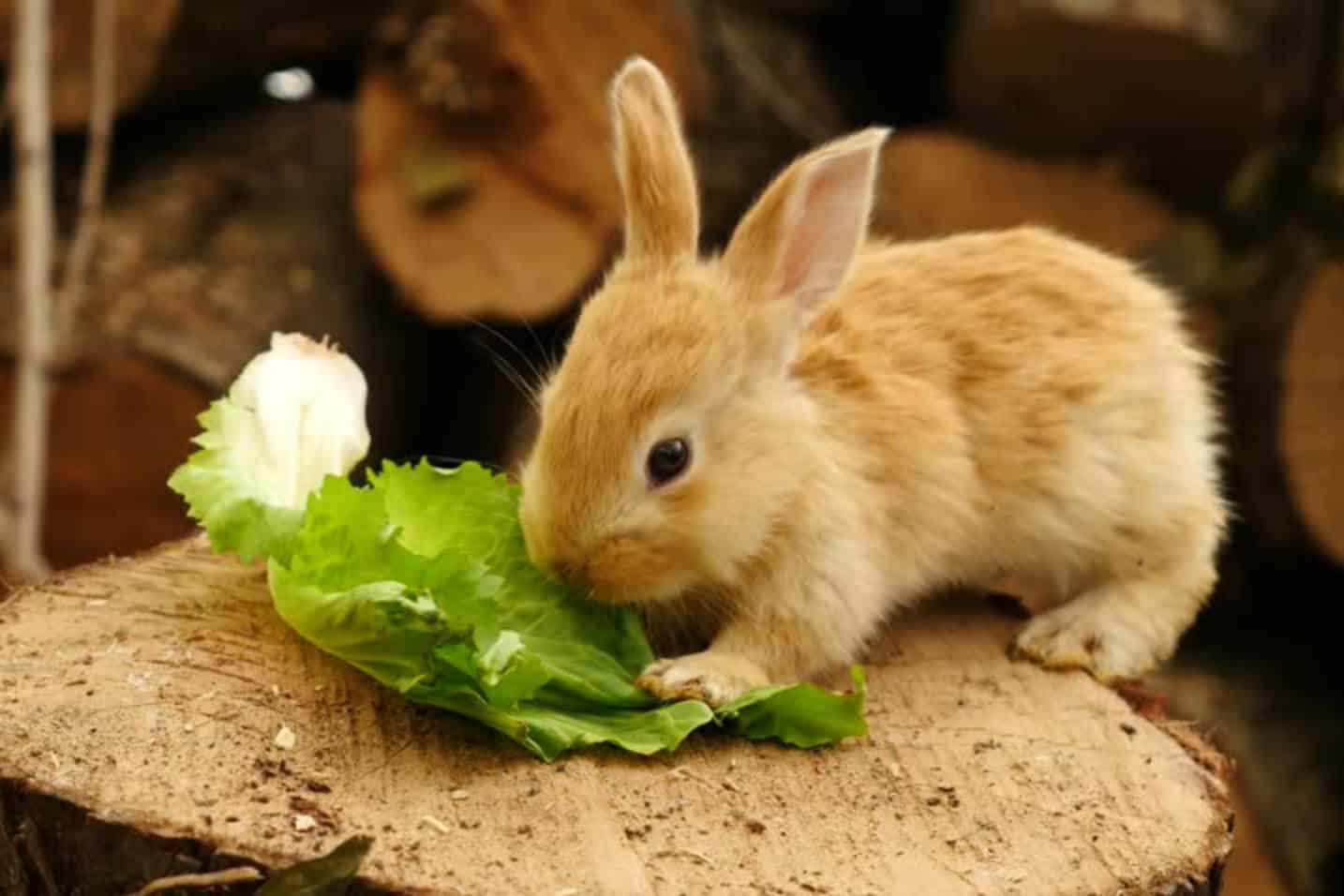
Rabbits can enjoy a variety of vegetables and plants alongside bok choy to ensure a balanced and nutritious diet. Here are some rabbit-safe options that can complement bok choy:
Leafy Greens:
Include other leafy greens like romaine lettuce, green leaf lettuce, red leaf lettuce, arugula, and cilantro. These provide essential vitamins and minerals while adding variety to their diet.
Herbs:
Herbs like parsley, dill, basil, and mint can be fed in small amounts as a flavorful treat.
Cruciferous Vegetables: Vegetables from the cruciferous family, such as kale (in moderation due to its calcium content), broccoli leaves, and cauliflower leaves, can provide additional nutrients.
Bell Peppers:
Bell peppers (green, red, yellow, or orange) are rich in vitamin C and can be a colorful addition to your rabbit’s diet.
Carrots:
Carrots are a favorite among rabbits. However, they are higher in sugars, so they should be fed in moderation as an occasional treat.
Zucchini:
Zucchini is low in calories and a good source of hydration for rabbits.
Cucumber:
Cucumber is another hydrating option that rabbits generally enjoy.
Celery:
Celery can provide a crunchy texture and is a source of fiber.
Endive:
This bitter green is relished by many rabbits and can offer variety.
Spinach (Limited): While spinach is high in oxalic acid and calcium, feeding it occasionally and in small amounts is generally safe.

